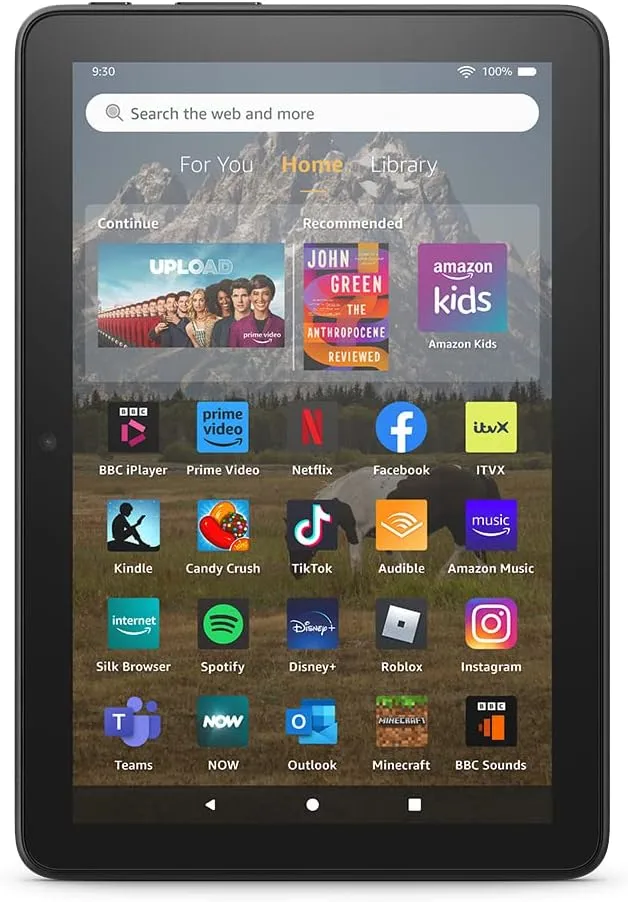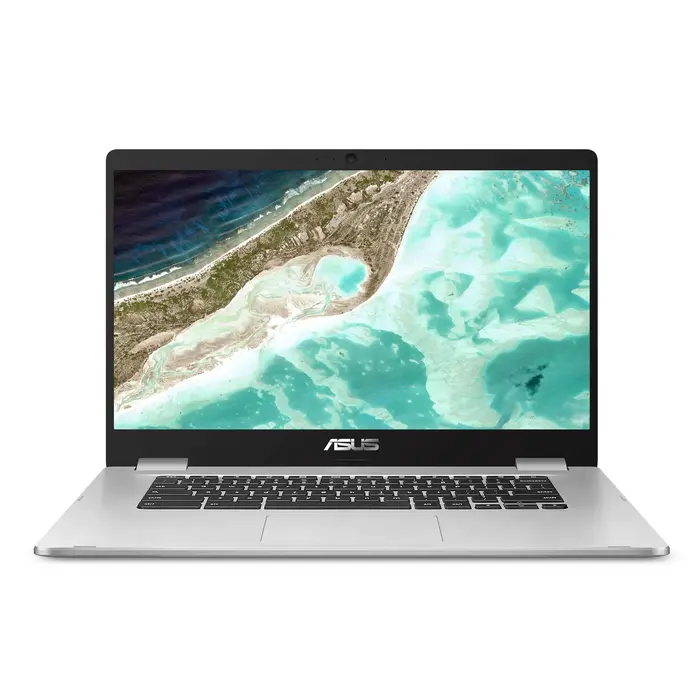
Navigating Free University Options in Europe: A Comprehensive Guide
Navigating Free University Options in Europe: A Comprehensive Guide
Europe has long been a beacon for students seeking quality education, cultural enrichment, and international experiences. With an array of free university options available across the continent, aspiring scholars have the opportunity to pursue their academic ambitions without the burden of tuition fees. In this comprehensive guide, we’ll delve into the best countries in Europe for studying, the visa and admission requirements, language considerations, available scholarships and financial aid, the cost of living, and the overall student experience in terms of culture, prejudice, and other factors.
Best Countries in Europe to Study In
Several European countries offer free or highly affordable education to both domestic and international students. Among the top destinations are:
- Germany: Known for its strong engineering and science programs, Germany offers tuition-free education at public universities for undergraduate degrees. Some states may charge nominal administrative fees, but overall, it’s a highly cost-effective option for students.
- Norway: Public universities in Norway do not charge tuition fees for international students, regardless of nationality. This makes Norway an attractive destination for those seeking high-quality education in fields like environmental sciences, marine biology, and Arctic studies.
- Finland: Renowned for its excellent education system, Finland offers free education to EU/EEA and Swiss citizens. While non-EU/EEA students may be subject to tuition fees, scholarships are often available to offset these costs.
- Sweden: Swedish universities do not charge tuition fees for EU/EEA students. However, non-EU/EEA students typically pay tuition fees, although there are exceptions and scholarship opportunities.
- France: Public universities in France offer low tuition fees, making it an affordable choice for students interested in fields like arts, humanities, and social sciences.
Visa Requirements
Visa requirements vary depending on the country and the student’s nationality. In general, EU/EEA and Swiss citizens do not need visas to study in other EU/EEA countries. However, non-EU/EEA students usually require a student visa or residence permit. It’s essential to check with the specific country’s embassy or consulate for accurate and up-to-date information regarding visa requirements.
Admission Requirements and Processes
Admission requirements vary widely between universities and countries. However, common requirements include:
- Completed application form
- High school transcripts or equivalent
- Proof of language proficiency (discussed in the next section)
- Letter of motivation or personal statement
- Letters of recommendation
- Some programs may require entrance exams or portfolios for certain disciplines
The admission process typically involves submitting an online application, sending required documents by post or electronically, and possibly attending an interview or exam, depending on the program.
Language Requirements
Language requirements vary based on the country and the language of instruction. In countries like Germany and Norway, many programs are offered in English, reducing language barriers for international students. However, some programs may require proficiency in the local language, especially for non-EU/EEA students.
For instance, in Germany, while many Master’s programs are taught in English, Bachelor’s programs often require knowledge of German. In contrast, countries like France and Sweden may offer more programs in their native languages, necessitating language proficiency tests like the DELF/DALF for French or the TISUS for Swedish.
Scholarships and Financial Assistance
Numerous scholarships and financial aid options are available to help students cover living expenses, tuition fees (where applicable), and other costs. These include:
- Erasmus+: A European Union program offering scholarships and grants for study, training, and volunteering abroad.
- DAAD Scholarships: Available for international students interested in studying in Germany.
- Nordplus: A program supporting education, research, and cooperation in the Nordic and Baltic countries.
- Eiffel Excellence Scholarship Program: For international students applying to French universities.
If you click on this link you can find advice on scholarships and financial assistance for studying in Germany.
Additionally, many universities have their scholarship programs based on academic merit, financial need, or specific criteria related to the field of study.
Cost of Living
The cost of living varies significantly across European countries. Generally, Northern European countries like Norway, Sweden, and Finland have higher living costs compared to Central and Eastern European countries. Here’s a rough estimate of monthly living expenses (excluding tuition fees):
- Germany: €800-€1,200
- Norway: NOK 10,000-12,000 (approximately €1,000-€1,200)
- Finland: €700-€1,000
- Sweden: SEK 8,000-10,000 (approximately €800-€1,000)
- France: €800-€1,200
These figures cover accommodation, food, transportation, books, and other personal expenses. It’s crucial for students to budget accordingly and explore options like shared accommodations, student discounts, and part-time work opportunities. Also the cost of living is naturally relative to each student. Some students come from low income families and some from high income families. In addition to that some countries come from countries with a strong currency whilst other currencies such as the Indian Rupee might be weaker.
Student Experience: Culture, Prejudice, and Beyond
Living and studying in Europe offer students a rich cultural experience, exposure to diverse perspectives, and opportunities for personal growth. However, it’s essential to be aware of potential challenges such as cultural differences, prejudice, and integration issues.
- Cultural Experience: Europe boasts a vibrant cultural scene with museums, galleries, festivals, and historical sites. Students can immerse themselves in art, music, cuisine, and traditions unique to each country.
- Prejudice and Integration: While Europe is generally inclusive, some students may encounter instances of prejudice or discrimination. Universities often have support services and student organizations dedicated to promoting diversity, inclusion, and addressing such issues.
- Local Culture: Adapting to the local culture can be both rewarding and challenging. Learning the language, respecting cultural norms, and engaging with local communities can enhance the overall experience.
- Social Life: European cities offer a dynamic social scene with cafes, pubs, clubs, and social events. Students can make friends from around the world and build lasting connections.
- Travel Opportunities: One of the perks of studying in Europe is easy access to neighbouring countries, allowing students to explore different cultures, landscapes, and historical landmarks during weekends or holidays. Europe has so many different languages and countries concentrated in a relatively small geographical space whereas the US is essentially a mono-lingual state though covering a bigger territory.
In conclusion, navigating free university options in Europe involves thorough research, careful planning, and an openness to new experiences. With the right information, resources, and support, students can make the most of their academic journey and enjoy a fulfilling and enriching experience in Europe.
Revolutionize Your Tech Experience: Explore the iPhone 14, Fire Tablet, and Asus Chromebook!

iPhone 14
Looking to upgrade your tech arsenal? Look no further! The iPhone 14 is the pinnacle of smartphone innovation, offering cutting-edge features and unparalleled performance. With its sleek design and powerful A16 chip, it delivers lightning-fast speeds for all your tasks and activities. Capture life's moments in stunning detail with its advanced camera system, and immerse yourself in vivid visuals on its vibrant Super Retina XDR display. Plus, stay connected like never before with lightning-fast 5G connectivity. Get your hands on the future of smartphones today!

Fire Tablet
If you're in need of a versatile tablet for both work and play, the Fire Tablet is your perfect companion. With its HD display, powerful performance, and access to millions of apps, games, and entertainment options, it's designed to keep you productive and entertained on the go. Whether you're streaming your favorite shows, browsing the web, or tackling work tasks, the Fire Tablet has you covered.

Asus Chromebook
And for those who need a reliable laptop for school, work, or leisure, look no further than the Asus Chromebook. Powered by Chrome OS, it offers lightning-fast performance, all-day battery life, and seamless integration with your favorite Google apps. Its sleek design and lightweight build make it perfect for taking on the go, while its robust security features keep your data safe and secure. Upgrade your tech game today with these must-have devices!
